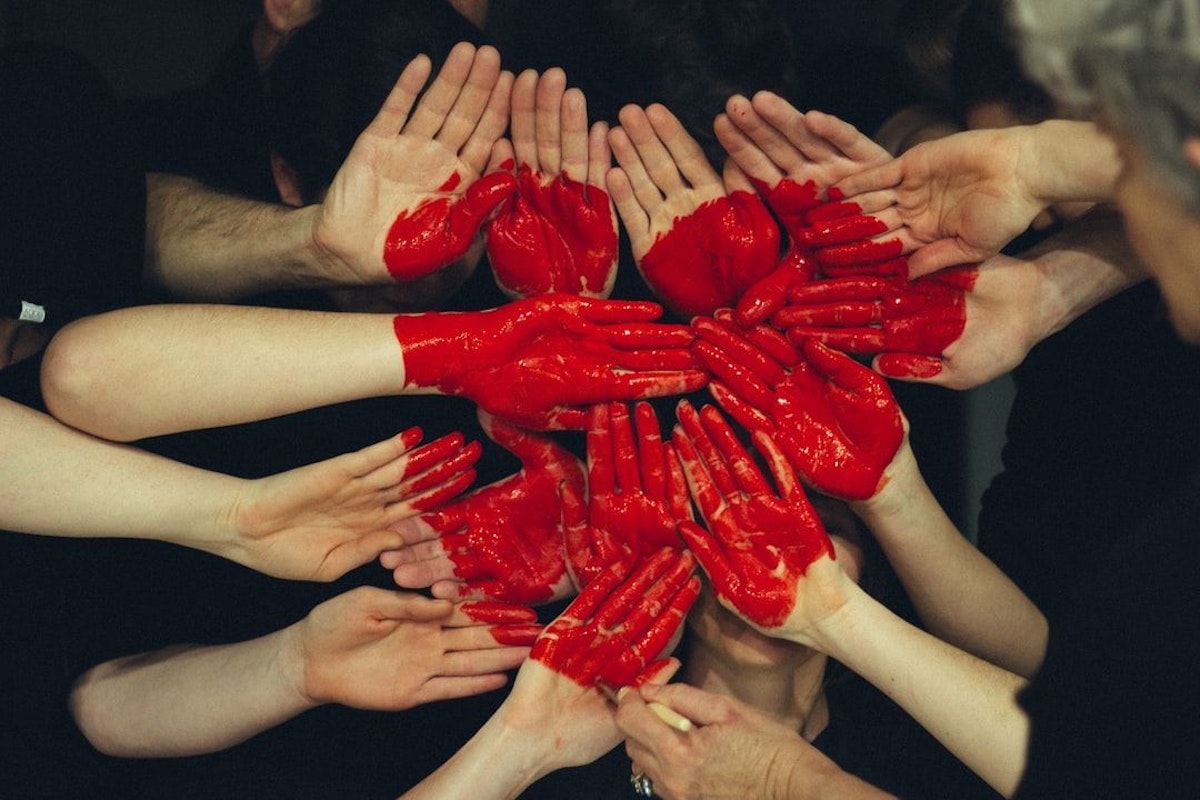An Essay Concerning Humane Understanding, Volume I: Book II, Chapter XXI.

Too Long; Didn't Read
1. This Idea how got. The mind being every day informed, by the senses, of the alteration of those simple ideas it observes in things without; and taking notice how one comes to an end, and ceases to be, and another begins to exist which was not before; reflecting also on what passes within itself, and observing a constant change of its ideas, sometimes by the impression of outward objects on the senses, and sometimes by the determination of its own choice; and concluding from what it has so constantly observed to have been, that the like changes will for the future be made in the same things, by like agents, and by the like ways,—considers in one thing the possibility of having any of its simple ideas changed, and in another the possibility of making that change; and so comes by that idea which we call POWER. Thus we say, Fire has a power to melt gold, i. e. to destroy the consistency of its insensible parts, and consequently its hardness, and make it fluid; and gold has a power to be melted; that the sun has a power to blanch wax, and wax a power to be blanched by the sun, whereby the yellowness is destroyed, and whiteness made to exist in its room. In which, and the like cases, the power we consider is in reference to the change of perceivable ideas. For we cannot observe any alteration to be made in, or operation upon anything, but by the observable change of its sensible ideas; nor conceive any alteration to be made, but by conceiving a change of some of its ideas. 2. Power, active and passive. Power thus considered is two-fold, viz. as able to make, or able to receive any change. The one may be called ACTIVE, and the other PASSIVE power. Whether matter be not wholly destitute of active power, as its author, God, is truly above all passive power; and whether the intermediate state of created spirits be not that alone which is capable of both active and passive power, may be worth consideration. I shall not now enter into that inquiry, my present business being not to search into the original of power, but how we come by the IDEA of it. But since active powers make so great a part of our complex ideas of natural substances, (as we shall see hereafter,) and I mention them as such, according to common apprehension; yet they being not, perhaps, so truly ACTIVE powers as our hasty thoughts are apt to represent them, I judge it not amiss, by this intimation, to direct our minds to the consideration of God and spirits, for the clearest idea of ACTIVE power.English philosopher and physician, widely regarded as one of the most influential of Enlightenment thinkers
About @johnlocke
LEARN MORE ABOUT @JOHNLOCKE'S
EXPERTISE AND PLACE ON THE INTERNET.
EXPERTISE AND PLACE ON THE INTERNET.
L O A D I N G
. . . comments & more!
. . . comments & more!

